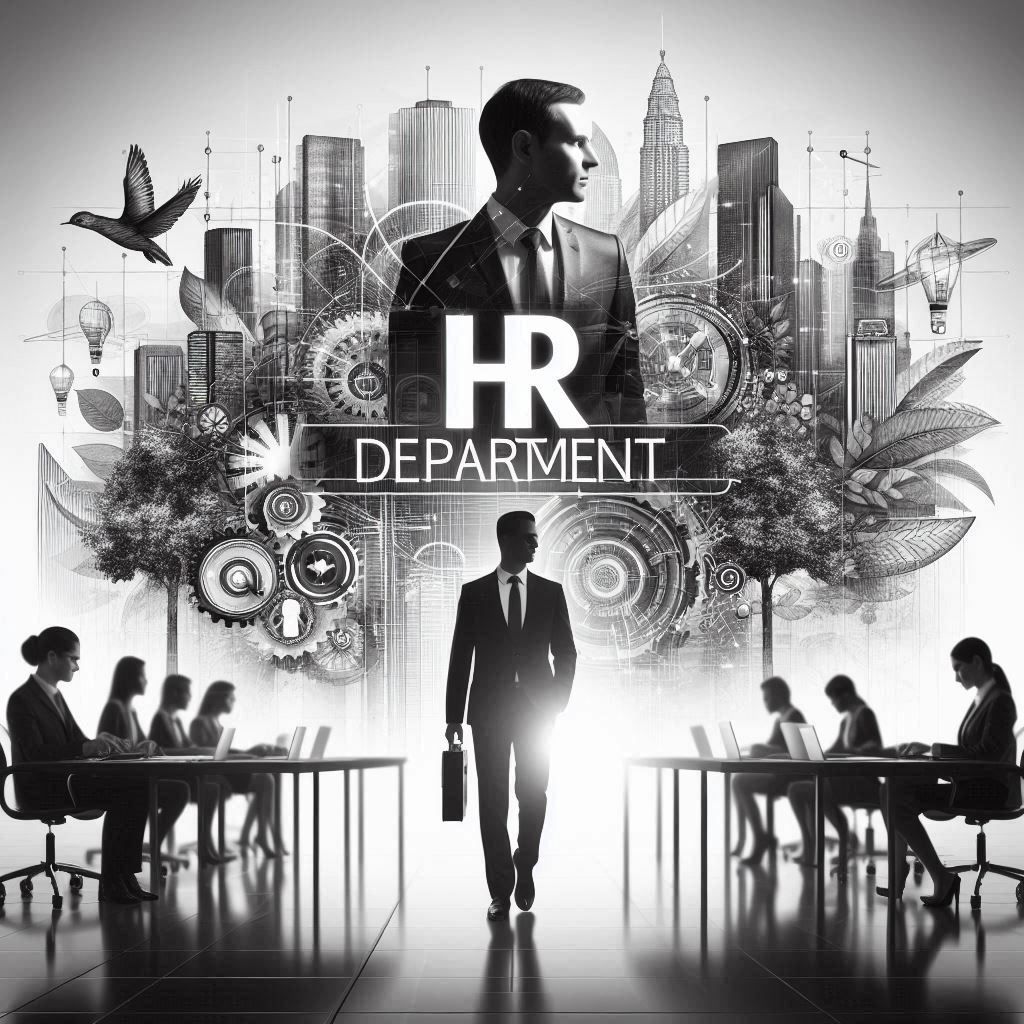
Read More: Effective Work Allocation: Mastering the Art of Responsibility Sharing
HRDept - All your efforts deserve to be rewarded
A. "Brain Drain" – A Pressing Issue For Modern Businesses
In today’s highly competitive job market, many businesses are struggling with "brain drain"—a phenomenon where skilled and experienced employees leave for better opportunities. This not only leads to financial losses but also negatively impacts company culture, work quality, and productivity.
According to a survey by HRDept, "the average employee turnover rate in Vietnam ranges from 12% to 20% per year, with 70% of those leaving being employees with at least two years of experience." This poses a critical challenge for businesses: How can they retain talent and minimize the negative effects of brain drain?
B.The Negative Impact Of "Brain Drain"
1. Financial And Cost-Related Losses
A Deloitte study found that replacing an employee can cost 1.5 to 2 times their annual salary, including recruitment, training, and adaptation expenses. The table below highlights the differences between employee retention and new hiring:
| Factor | Employee Retention | Hiring New Employees |
|---|---|---|
| Recruitment Costs | Low | High |
| Training Costs | Low | High |
| Work Performance | Stable | Decreases initially |
| Cultural Impact | Positive | Potential disruption |
Clearly, retaining employees not only saves costs but also ensures operational stability.
2. Impact On Workplace Culture And Environment
"A company doesn’t just lose an employee—it loses their experience, knowledge, and teamwork spirit." – HRDept
When employees leave, those who remain may feel demotivated, uncertain about the company’s future, or overwhelmed by an increased workload. This can lead to a decline in overall morale and performance.
3. Reduced Competitive Advantage And Business Efficiency
A stable workforce allows businesses to maintain product quality, service excellence, and innovation. High turnover disrupts operations, diminishes customer trust, and ultimately results in revenue loss.
C. Causes Of "Brain Drain"
According to HRDept, 85% of employees leave not because of salary, but due to workplace environment, career growth opportunities, and company culture. The primary reasons include:
✔ Uncompetitive compensation policies
✔ Lack of career growth and promotion opportunities
✔ Stressful work environment with little recognition
✔ Company culture mismatch
D. Solutions To Reduce "Brain Drain"
1. Develop Effective Employee Retention Strategies
✔ HRDept recommends that businesses implement competitive compensation packages, attractive bonuses, and diverse benefits to encourage employees to stay long-term.
2. Provide Clear Career Growth Opportunities
✔ Employees often leave when they see no future growth. Establishing a transparent career advancement path will motivate them to stay and contribute.
3. Improve Workplace Culture
✔ A positive work environment that respects and acknowledges employees' contributions fosters stronger engagement. HRDept emphasizes: "Talented employees need more than just a high salary; they need a meaningful workplace."
4. Leverage Technology For HR Management
✔ Using HRM (Human Resource Management) platforms enables businesses to manage employees more effectively, enhancing their overall experience.
E. Conclusion
"Brain drain is not a random occurrence; it is a consequence of how businesses treat their employees." – HRDept
Instead of focusing solely on recruitment, businesses must adopt long-term strategies to retain talent, enhance the work environment, and build a strong company culture.
Reducing "brain drain" not only stabilizes operations but also strengthens a company’s competitive edge in an increasingly demanding market.